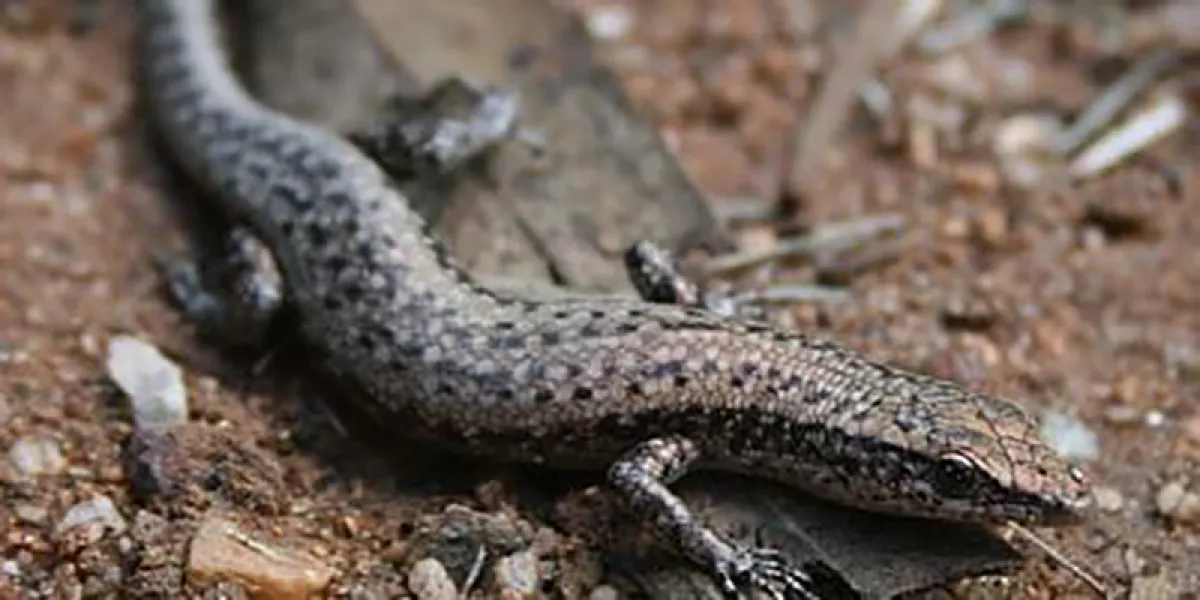Quantifying the impact of phenotypic plasticity on population persistence
Comparative, meta-analytic and empirical approaches to understanding the impacts of phenotypic plasticity on population persistence
Project status
Content navigation
About

Project Background: Phenotypic plasticity – how the environment affects individual trait development – has been championed as a crucial mechanism by which organisms can cope in the face of environmental change because it is assumed to promote population persistence, and ultimately, adaptation. While a tantalising idea that could meaningfully contribute to management and conservation decisions in the face of environmental change, it is almost entirely untested. There are critical gaps in our understanding of how phenotypic plasticity of individuals (adaptive or otherwise) scales up to affect population level demography. This is concerning because ectotherms, a biodiverse group globally, are particularly sensitive to the environment showing persistent, long-term effects on phenotype and fitness across diverse taxa.
Project Details: The Noble lab (http://biology.anu.edu.au/people/daniel-noble) is seeking a high-quality candidate who is interested in pursuing a PhD exploring the links between phenotypic plasticity and population demography. The project is supported through a scholarship provided by an Australian Research Council (ARC) Future Fellowship.
Candidates will apply population demographic modelling approaches to:
1) understand how developmental environments affect fitness, and ultimately population growth, using large-scale mesocosm experiments with lizards.
2) understand how early environments are likely to impact population projections using long-term datasets of various lizard species across Australia.
3) combine meta-analytic and population demographic modelling to simulate and predict how phenotypic plasticity will affect population growth, persistence and resilience.
There is ample flexibility for the candidate to develop and pursue their own research questions within this grand theme. The candidate will work closely with a supportive and multidisciplinary team that includes population demographers and evolutionary ecologists across Australia, the United Kingdom, Germany, and Sweden with opportunities for exchange.
The Candidate: Suitable applicants will be enthusiastic and highly motivated, with a strong academic and research background. A demonstrated ability to conduct research is required. Experience conducting ecological research (e.g., experimental ecology, mark-recapture), with strong quantitative (e.g., R programming, along with either matrix population or integral projection modelling) and writing skills are essential. Experience in meta-analysis and working with lizards are both desirable but not essential.
Potential PhD students: please contact Dan Noble for more information on this project.

